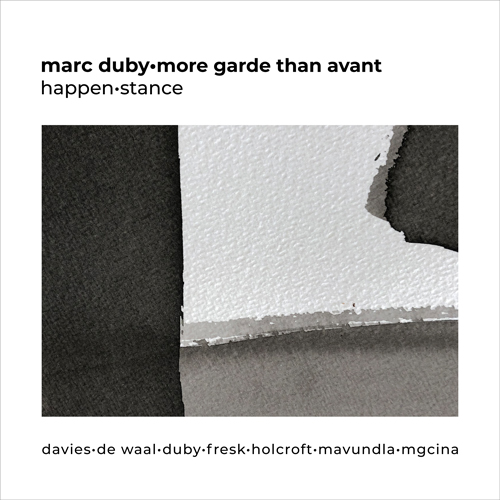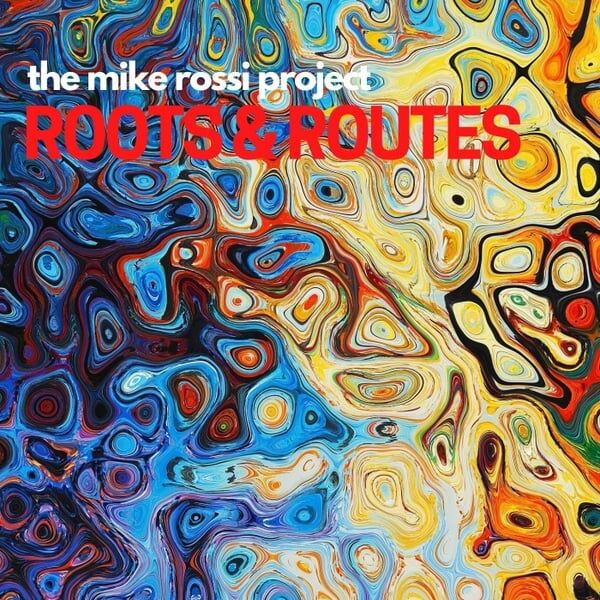Some fans Gloria Bosman will win for her new album, Live – due out at month-end – might not yet have been born when her first, Tranquility https://www.youtube.com/watch?v=YwWQ__QYbLk appeared in 1999.
They won’t remember the intimate concerts at the old Bassline where an unassuming (sometimes barefoot) twenty-something ignored sequined stereotypes and refused to be confined within ‘jazz’, ‘Afro-soul’ (or any other ) genre boxes, dazzling us instead with vocal power, timing and command over her songs
That early, low-key stage presence may have fooled some audience members into assuming the music emerged naturally. But Mofolo-born, Pimville-raised Bosman was an opera graduate of TUT. She didn’t flaunt her academic understanding on stage, but her ability had been polished by intensive study and hard work. From the start, she was also composing, writing lyrics, arranging and taking a hand in production, and those roles have grown over the years since.
Not counting compilations, Live will be Bosman’s seventh album, after Tranquility, The Many Faces of...(2001), Stop & Think (2002), Nature Dances (2003), Emzini (2006) and Letters from the Heart (2010).
In the recording gap since Letters... she hasn’t been idle. Theatre, cabaret and corporate performances, motivational work, board memberships, teaching, gospel and even Afrikaans song have all been elements in her career mix. She admits, though, that it’s become harder, in vastly changed industry conditions, to bring out albums as often as she’d hope.
“We come from the era of record labels. It all became a long process of finding one’s footing as an independent artist and learning how to run your business. It gets tricky when the recording bill is your responsibility and you still have to keep food on the table… I watched and learned from the young ones; their courage gave me flight.”
Emerging young artists also create a highly competitive environment. So there’s also, Bosman says, a need to “rebrand oneself in order to remain relevant.” Fortunately, “I’ve always been afraid of being stagnant; thus I’ve remained a scholar.”
So, what’s new in these ten tracks and 90-odd minutes of Live and what will we greet as familiar?
Bosman has clearly been studying carefully what’s happening on the current jazz scene. Her band for this outing, as well as again including Rob Watson’s perfectly judged drum presence, features some of the hottest newer names. She says she’s excited by the possibilities offered by her horn line: Lwanda Gogwana on brass and Sisonke Xonti on reeds. Bosman “loves the way the reedman keeps it light… never going unnecessarily dark.” Xonti gets space for some fierce improvisation on Ukholil’unomama, and Bosman picks that fierceness up in her own subsequent whooping, panting vocalese. And you can hear, when she credits the solo, how knocked out she’s been by Gogwana’s subtle, moving horn journey on Thandabazali.
Keyboardist and music director/co-producer Ludwe Danxa and guitarist Nathan Carolus were recruited in Cape Town. Carolus’s sound is rooted in contemporary jazz; he has more traditional chops too and shows them on Ukhulil’unomama and Mbombela. On basses is Dalisu Ndlazi, definitely the instrument’s rising star: “It’s such a gift to find a bassist able to keep such a distinct sound, moving between double bass and electric, with so much ease,” Bosman says. “The sound never dies down; it’s a beautiful experience.” Ndlazi gets extended solo space on Talk Shop in the Morning, where his strings resonate with precision and grace.
It’s a new band, then, and, apart from three tracks reprised from Nature Dances, material not recorded before.
The reprises are of iconic Bosman songs: Mbombela, Let it Rain and Play Me the Love Songs – but with coats of fresh paint. Mbombela builds to a sweaty, express-train party number that’s destined to get everybody on the dancefloor; Love Songs weaves in a miniature masterclass on jazz song history.
But what about the singing? Good singers, like good wines, almost always improve as they mature and Bosman is no exception. Her voice, unsurprisingly, has more depth and gutsiness than it had in 1999. She’s always possessed an impressive palette of extended vocal techniques: growling, purring, ululating and shaping grainy textured noise alongside liquid, melodious notes. The choices she makes about deploying all this are consistently the smart ones.
That’s particularly true when she scats. Scatting is integral to the popular idea of what “jazz singing” is, but in the wrong hands it can feel like going through the motions. Bosman never forgets it isn’t just a technical exercise: the scat needs to be grounded in the spirit of its song.
All those talents were already present in a youthful form in 1999 – they’ve grown with every recording and show since, gaining strength and depth.
That 1990s Gloria, though, was quite a serious young person; between the songs came simply straightforward announcements. Over the years since, she’s developed a far more self-assured presence as she stalks the stage conversing with her audience. Depending on the material, she can whisper soft and sweet – as on the tender, grandmotherly hug of Lisakhanya – or shout, boisterous and blunt. [I Want to] Get to Know You Better is a strutting, undisguised pick-up lyric, its groove driven hard by Carolus and Ndlazi;[We Can] Talk Shop in the Morning a frank, witty reflection on making love.
Live puts Bosman’s current powerful stage persona on record for the first time. As she says, “I found out a lot of people haven’t experienced me live,” and she hopes it’ll remind people how special live gigs are. But this show of strength doesn’t produce only good music carried by knockout performers but, implicitly, a powerful feminist album as well, demonstrating how music creates and amplifies solidarity from shared human experience. At points, Bosman unlocks from her audience the sound that terrifies misogynists the most: women’s joyful laughter.
Having achieved her half-century and the accompanying life benchmarks, the vocalist sounds very comfortable in her skin on this return to studio. If you have those way-back-nineties memories, Live will be a welcome rediscovery. If you don’t, it’ll be a revelation, from a woman who has been a pathbreaker for far more daughters in song than you might have suspected.
***Live launches on digital platforms on Feb 28 (I’ll post links when I have them) with hard-copy CDs available later. On 19 March, Bosman presents the material at Joburg’s Untitled Basement in Braamfontein; on 31 March at the Doppio Zero upstairs jazz room in Rosebank. The Joburg shows will be followed by tour gigs in Durban and Cape Town.








